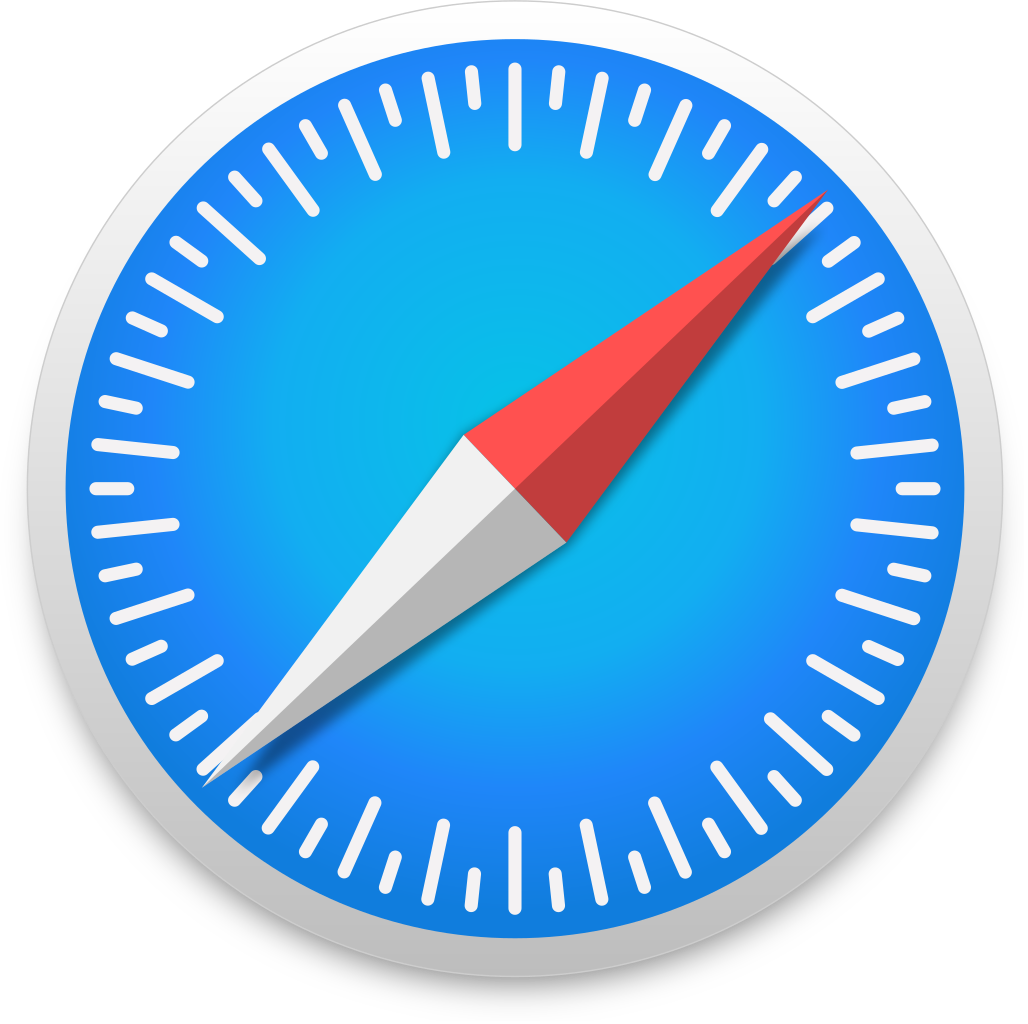‘What information consumes is rather obvious: it consumes the attention of its recipients. Hence a wealth of information creates a poverty of attention, and a need to allocate that attention efficiently among the overabundance of information sources that might consume it.’ – Herbert Simon
Focus: the hidden driver of excellence
Focus has been described by Daniel Goleman as ‘the hidden driver of excellence’.1 We can’t perform at our best if we can’t manage our attention. It is also inextricably linked to our psychological wellbeing. It’s not just our productivity that stands to suffer if we can’t manage our cognitive resources – it’s how we think and feel, too. However, in spite of its importance, focus is something many of us struggle with immensely. Being honest, how often would you say you’re completely focused when you’re at work? In 2018, research conducted by Udemy found that nearly 3 out of 4 workers (70%) admitted to feeling distracted whilst working, and an incredible 16% said they’re almost always distracted.2 Needless to say, these statistics are deeply concerning for organisations that want to optimise performance and productivity – and they’re not exactly reassuring for us as individuals, either. Is it really what we want, to be living our lives with so little focus?
‘In 2018, research conducted by Udemy found that nearly 3 out of 4 workers (70%) admitted to feeling distracted whilst working, and an incredible 16% said they’re almost always distracted.’
The role of biology
A logical reaction might be to ask, ‘well what’s causing this “distraction epidemic”’? Blame is often laid at the feet of technology and the nature of the modern world; however, it’s also important that we acknowledge one of the most enduring contributing factors: ourselves! As humans we have what’s known as a ‘novelty bias’ – we’re naturally drawn to new information in our environment. Thousands of years ago, this was fundamental for our survival. It ensured we were alerted to any possible threats or danger around us, and also brought other rewards, driving us to explore new environments and find more and different resources.
These days, on the other hand, the situation is very different. We are surrounded by things that have been consciously designed to grab our attention: phones, emails, app notifications… These things exploit our novelty bias and it’s therefore only natural that they can cause problems for our focus. However, we often have more power than we realise. We can choose whether we have our phones on silent or on loud; we can choose whether we have push notifications on or off; we can choose whether we ask our colleagues for some time without interruptions or welcome casual conversations. But in many cases there is another factor involved: procrastination.
The pitfall of procrastination
Procrastination is a common phenomenon that can have a huge impact on productivity. We’ve all been there – we have an important task to do and we find ourselves doing anything but!* The accessibility of information doesn’t help here: with the internet and the prevalence of mobile devices, we can find out the answer to pretty much anything we want within seconds. Although this can be helpful, it can also disrupt our attention in a powerful way. The name of the actor who plays Spiderman might not be information that’s necessary for our survival, but once the question is in our mind it can be very difficult to resist the urge to Google the answer – and very difficult to get our thoughts back to where they should be.
Dr. Piers Steel defines procrastination as ‘voluntarily delay[ing] an intended course of action despite expecting to be worse off for the delay’.3 It is about prioritising your present self and sacrificing your future self. Meta-analyses have consistently tied procrastination to reduced self-control, poorer performance and poorer wellbeing. It has also been linked to negative emotions such as guilt and shame. Think back to the last time you put something off. Did it make you feel good? Probably not! We don’t usually feel great about ourselves when we procrastinate. So why do we do it?
‘Meta-analyses have consistently tied procrastination to reduced self-control, poorer performance and poorer wellbeing. It has also been linked to negative emotions such as guilt and shame.’
Research has linked procrastination to both the person and the characteristics of the task 4. In other words, there are some people who are more prone to procrastination than others, and there are some tasks which are more likely to evoke procrastination than others. Interestingly, research is also now exploring the link between procrastination and mood regulation. Sirois & Pychyl 5 describe it as a ‘self-regulation failure’ that prioritises short-term mood repair over longer-term goals. In other words, it may be that procrastination is an attempt to avoid short-term unpleasantness and negative mood by task avoidance, but one that sacrifices our future self, and comes at the cost of longer-term negative mood. It has been hypothesised that procrastination might actually be addictive as it provides rapid removal of a stimuli that we perceive as negative. Also, every time we achieve a small accomplishment, even if it is the completion of an irrelevant task, our brains produce a spike in dopamine (a feel-good reward hormone) which makes us feel better in the short-term. However, this positive effect is fleeting, and longer-term the avoidance can be more harmful to our mood and wellbeing. It is therefore in our best interests to develop techniques that allow us to resist procrastination. We need to be able to tolerate short-term pain in the interests of longer-term gain!
What can we do to beat procrastination?
There are a variety of techniques that we can use to help combat procrastination:
- Do the most unpleasant tasks first thing in the morning. You are more likely to get them done well when your energy levels are high [6], and if you do the worst things first, things afterwards will feel more pleasant!
- Reward yourself. Timothy Pychyl who heads up the Procrastination Research Group at Carleton University, Ottawa, cites six key characteristics of tasks which increase the likelihood of procrastination: boring, frustrating, difficult, unstructured, ambiguous and lacking in meaning [7]. If you perceive a task in one or more of these ways, there is an increased likelihood of procrastination. You can counter this by bringing in a reward or incentive. For example, if you’ve got a boring report to write, you might tell yourself that you can go and work in a nice coffee shop once you’re done.
- Break things down. Sometimes we put tasks off because they seem too daunting or overwhelming. When writing out to-do lists, be mindful of how you’re phrasing things and how specific and achievable your tasks are. If you’ve got a presentation to create, for example, but you know you won’t get it all done today, don’t just write ‘work on presentation’ – write something you’ll be able to unequivocally finish and cross off, like ‘identify key points for presentation’ or ‘create first five slides’.
- Practise mood awareness and regulation. Our moodstate can greatly affect our focus and productivity, but we can all get better at managing our emotions. Keep checking in with yourself and how you’re feeling. Over time, you can develop the ability to choose the emotion, behaviour or cognitive strategy which benefits your long-term self rather than just your short-term self.
- Look out for unhealthy perfectionism. People who struggle with perfectionism can get so caught up in wanting things to be perfect that they end up not actioning anything. They can expend so much energy planning or fretting about possible failure that they become paralysed. If you struggle with perfectionism, force yourself to make a start. Then, once you’ve started, keep going! In most cases it won’t matter if it’s not brilliant to start with – it can be improved later. Having something done in real life is better than having something perfect that only exists in your imagination.
*Tim Urban gives a wonderfully exculpating TED talk on the subject, for those looking to take a break...
Footnotes
Goleman, D. (2013). Focus: The hidden driver of excellence. New York: Harper.
https://research.udemy.com/research_report/udemy-depth-2018-workplace-distraction-report/
Gazzaley, A., & Rosen, L. D. (2016). The distracted mind: Ancient brains in a high-tech world. MIT Press.
Steel, P. (2007). ‘The nature of procrastination: A meta-analytic and theoretical review of quintessential self-regulatory failure’. Psychological Bulletin, 133(1), 65.
Sirois, F., & Pychyl, T. (2013). ‘Procrastination and the Priority of Short-Term Mood Regulation: Consequences for Future Self. Social and Personality.’ Psychology Compass, 7(2), 115- 127. doi:10.1111/spc3.12011
Levitin, D. J. (2014). The organized mind: Thinking straight in the age of information overload. Penguin.
https://alifeofproductivity.com/why-you-procrastinate-10-tactics-to-help-you-stop/






